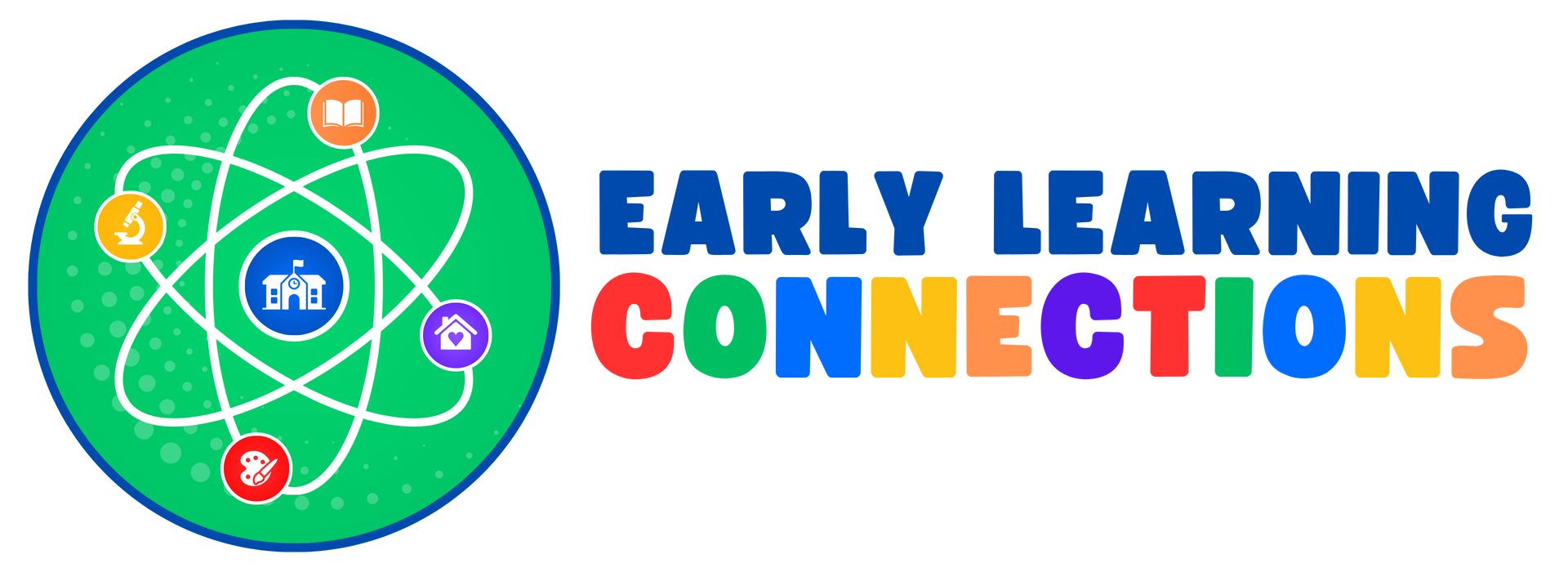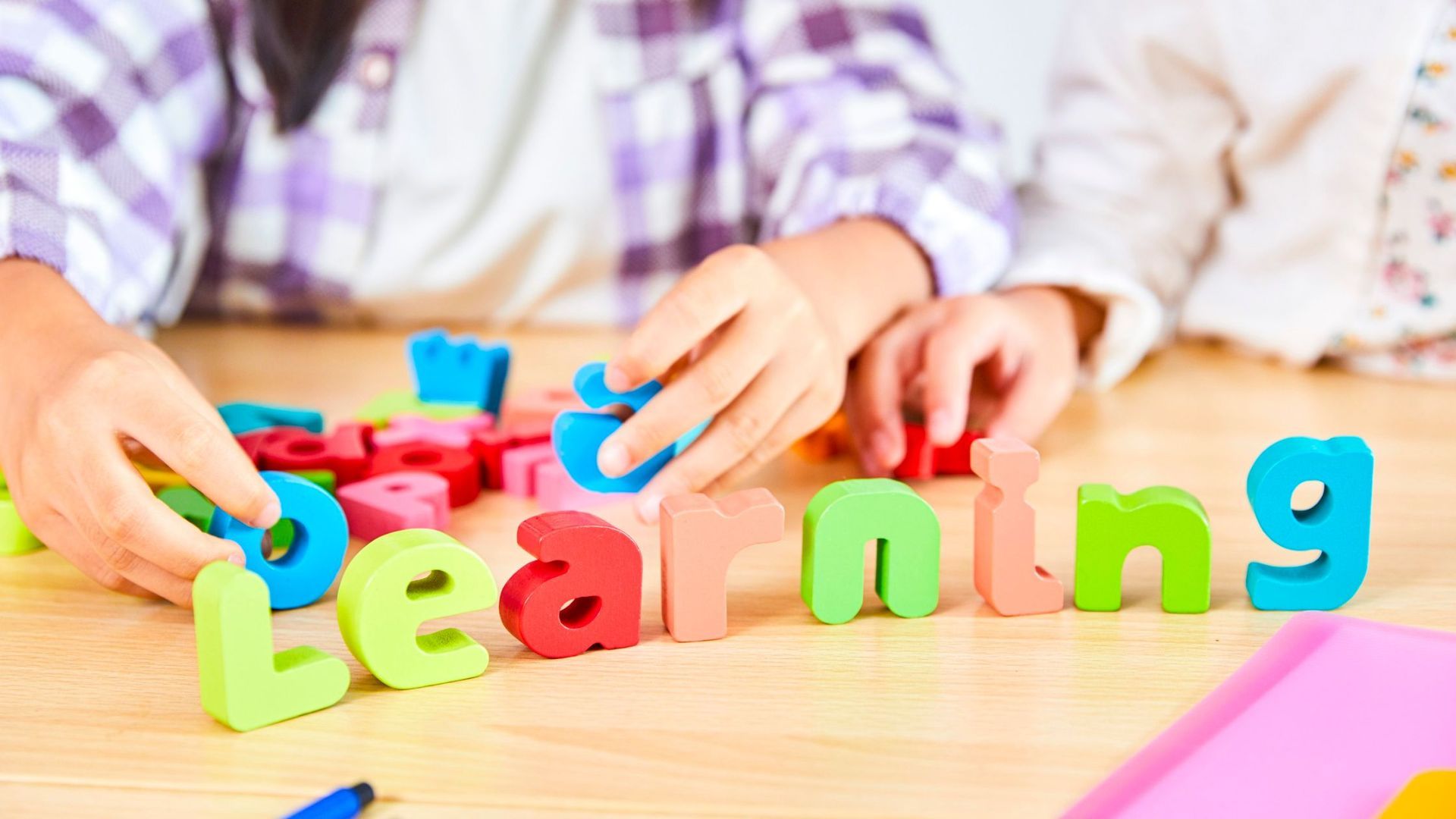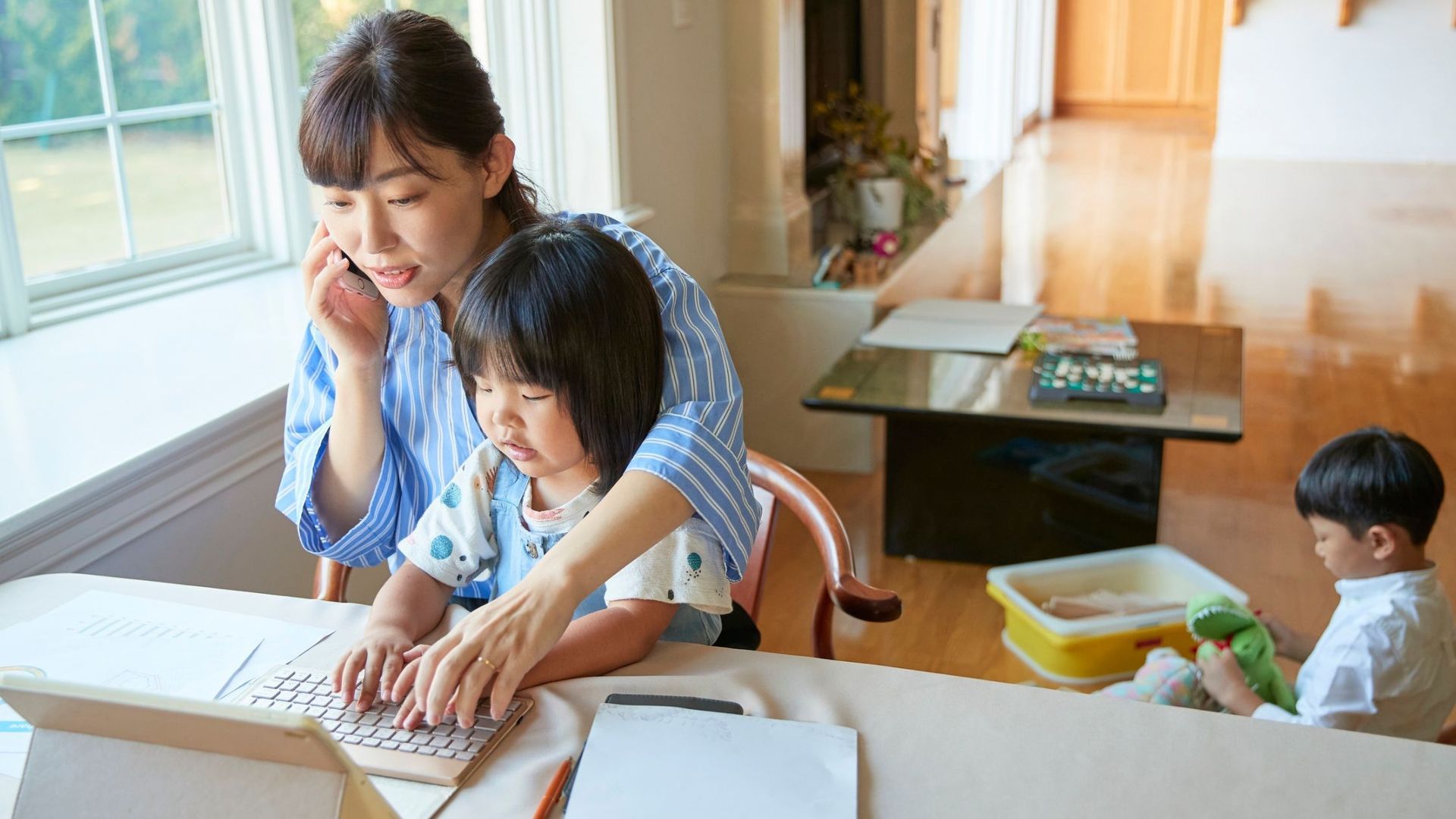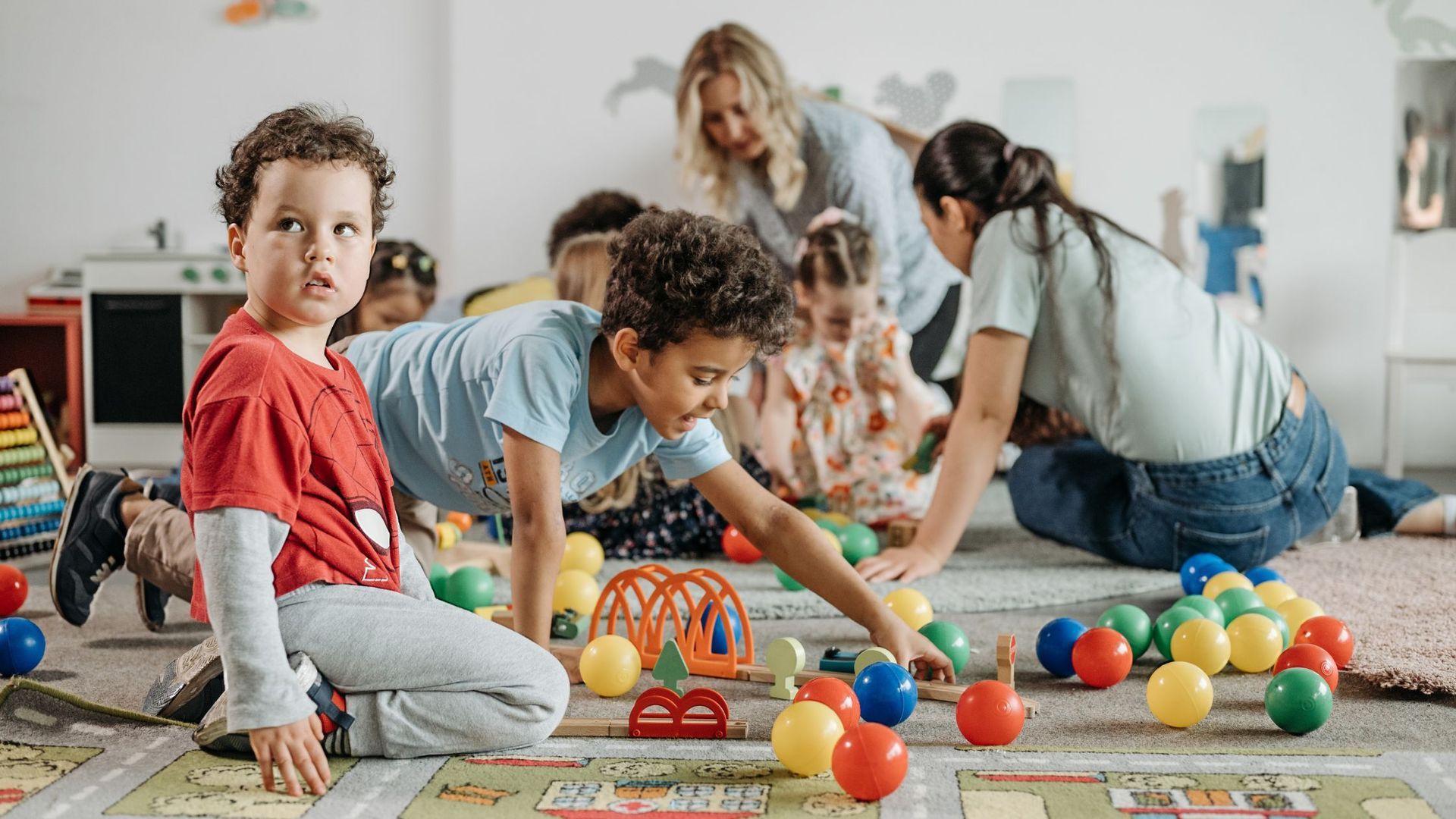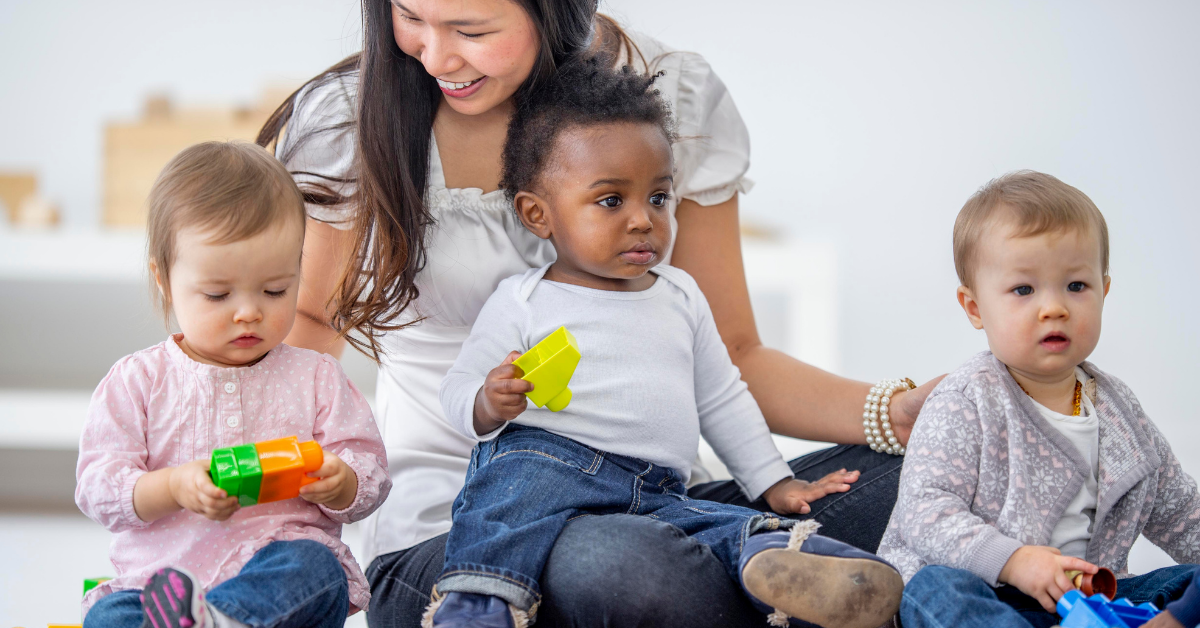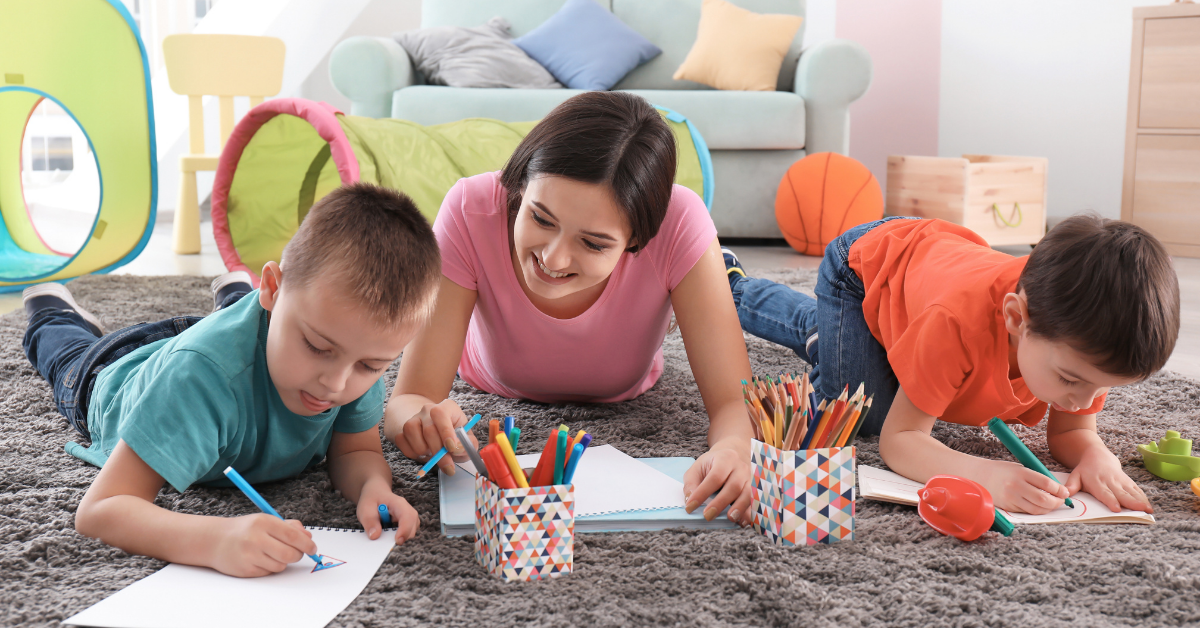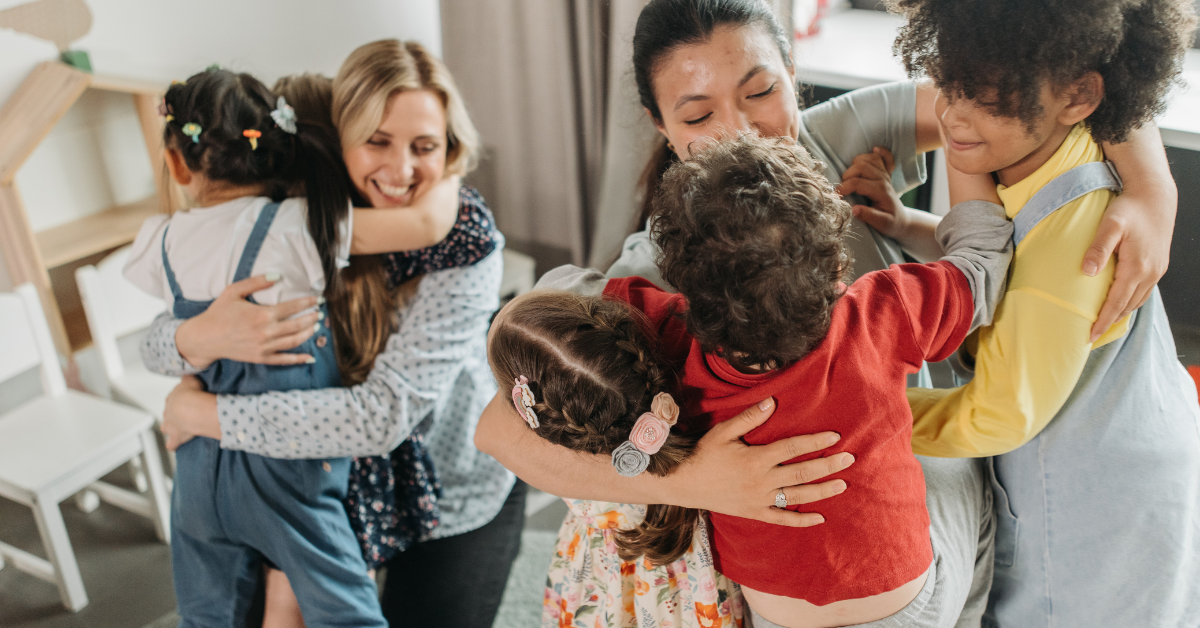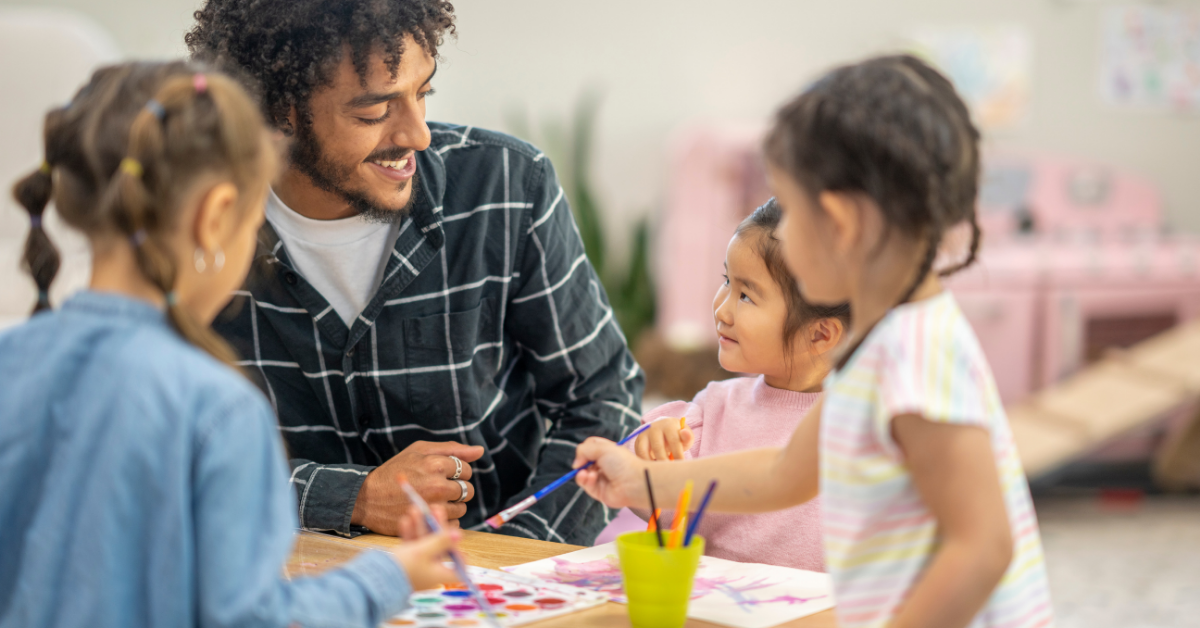The Importance of Early Childhood Education: Setting the Foundation for Success

Introduction
Starting early learning is a significant milestone for both children and parents. The transition from home to a learning environment can bring excitement and nervousness. Proper preparation can help ease anxiety and set the stage for a successful start. In this guide, we’ll explore strategies to help your child feel confident, comfortable, and ready for their first day at Early Learning Connections.
Talk About the New Experience
Children thrive on routine and predictability, so discussing what to expect can help reduce fears. Have casual conversations about the school, teachers, and activities in a positive light. Use phrases like, “You’re going to have so much fun meeting new friends,” or “Your teacher will read great stories and play games with you.”
Visit the School in Advance
If possible, take your child to visit Early Learning Connections before the first day. Familiarizing them with the environment, classroom, and playground can make it feel less intimidating. Show them where they will put their backpack, where the bathrooms are, and where they will eat snacks. This helps them develop a sense of belonging before their first official day.
Enrolling your child in early childcare offers numerous benefits, including social development, cognitive growth, and a smoother transition into structured learning environments. Early Learning Connections provides a nurturing space where children can explore, interact, and develop foundational skills that set them up for success. If you’re curious about the long-term advantages of early childcare enrollment, check out this article to learn more about how starting early can positively impact your child's educational journey.
Establish a Goodbye Routine
Separation anxiety is common, especially for young children. A predictable goodbye routine can help them feel secure. Whether it’s a special handshake, a hug, or a short reassuring phrase like, “I love you, and I’ll be back after snack time,” consistency is key. Avoid lingering too long, as it can make the transition more difficult.
Adjust to a School Schedule
A few weeks before school starts, shift your child’s routine to match the school schedule. This includes waking up at the same time, having breakfast, and practicing getting dressed. If nap times will change, gradually adjust them so your child’s body is accustomed to the new schedule.
Encourage Independence
Teaching simple self-help skills before school starts can boost your child’s confidence. Practice skills like:
- Putting on and taking off shoes
- Using the bathroom independently
- Washing hands properly
- Opening lunchboxes or snack containers
These small but important tasks help children feel capable and ease their transition into a classroom setting.
Read Books About Starting School
Stories are a great way to help children relate to new experiences. Books about the first day of school introduce common feelings, reassure children that nervousness is normal, and show them that school can be fun. Some great choices include:
- The Kissing Hand by Audrey Penn
- Llama Llama Misses Mama by Anna Dewdney
- First Day Jitters by Julie Danneberg
After reading, ask your child how they feel about starting school and address any concerns they might have.
Pack Together and Pick a Comfort Item
Involving your child in preparing their backpack gives them a sense of ownership. Pack together the night before, choosing essentials like a snack, extra clothes, and any required items. Some schools allow comfort items, like a small stuffed animal or a family picture, to ease separation anxiety.
Encourage Socialization Skills
If your child has not been in a structured group setting before, practicing social skills can be helpful. Arrange playdates or take them to a park where they can interact with other children. Teach sharing, taking turns, and using kind words to help them feel more confident in social situations.
Stay Positive and Manage Your Own Emotions
Children pick up on their parents’ emotions. If you are nervous or sad about them starting school, they might feel the same way. Speak about school with enthusiasm and confidence. Instead of saying, “I’m going to miss you so much,” try saying, “I can’t wait to hear about all the fun things you did today!”
Follow Up After the First Day
Once your child completes their first day at Early Learning Connections, celebrate their success! Ask open-ended questions like:
- “What was the best part of your day?”
- “Who did you play with?”
- “What songs did you sing?”
These questions encourage conversation and help children reflect on their experiences positively.
Conclusion
Preparing your child for their first day at Early Learning Connections is about building confidence, familiarity, and excitement. By taking small steps like discussing school, practicing routines, and encouraging independence, you can help create a smooth and enjoyable transition. Remember, every child adjusts at their own pace, so be patient and supportive as they embark on this new adventure.
